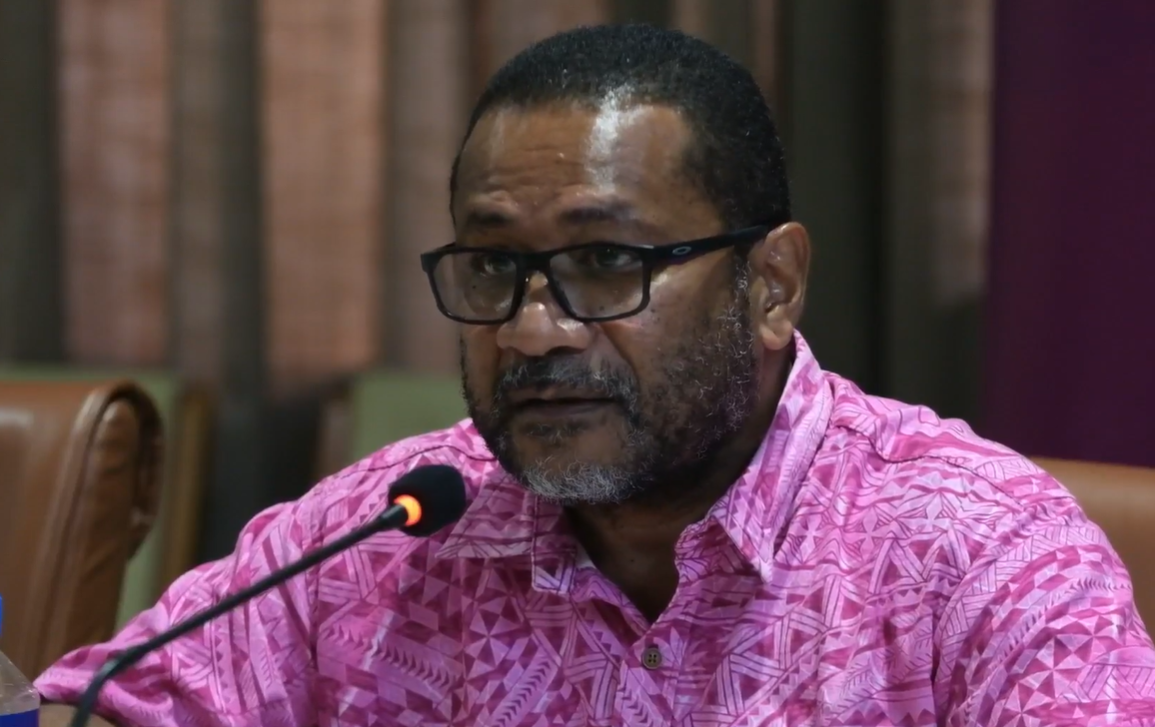Lautoka resident and 2006 coup survivor Eremasi Matanatabu delivered an emotional testimony before the Truth and Reconciliation Commission in Lautoka today, warning that Fiji risks normalising impunity if accountability continues to be sidelined.
Matanatabu said he had long grappled with how institutions — including religious bodies and cultural structures — responded to coup events.
He recalled that he was preparing to share his experience publicly years ago, anchored by his Christian faith, but the trauma of the coup and its aftermath overwhelmed communities.
“People were suffering, families were struggling, and institutions that should have guided us failed to speak up,” he said.
“Many people lost trust in religion and authority because of what they saw.”
Matanatabu said one of his greatest concerns is Fiji’s growing tendency to gloss over wrongdoing without demanding justice.
“We are becoming a society where you just apologise and think that fixes everything,” he told the Commission.
“But forgiveness needs truth. You must face what you did. Something must happen — you can’t just walk away.”
He said reconciliation becomes meaningless when those responsible for abuses remain in positions of power or influence.
“It’s like a joke now. You do something wrong, say sorry, do a reconciliation ceremony — and everyone is expected to move on,” he said.
“But many people can’t accept that. Many can’t believe in that process anymore.”
Matanatabu urged the Commission to ensure that genuine accountability forms the centre of its work.
“If we want real peace, accountability must come first,” he said. “
Those who committed wrongs must face the truth. Only then can we heal.”



